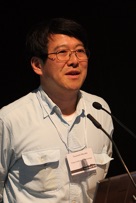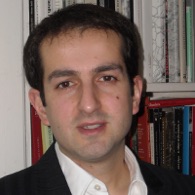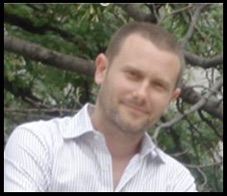Network inference: Predicting with networks and statistical physics
Almost 20 years after the publication of the seminal papers in network science, we have become quite proficient at characterizing complex networks. Only recently, however, have we started to investigate whether network theory can be used to make concrete, testable predictions about the world, beyond mere characterization. For example, suppose someone gives you a network representing harmful interactions between pairs of drugs, and asks you "Which interactions in the network are likely to be wrong, and which are likely to be missing?" I will discuss how to answer such questions using non-parametric Bayesian methods, statistical physics approaches, and simple generative network models which make very mild assumptions about network structure. The talk will show applications to problems as diverse as the prediction of conflict within work teams, the prediction of user ratings on movies and books, and protein-protein interaction networks. I will also discuss how can we use these approaches to better understand network structure and network processes in general.



